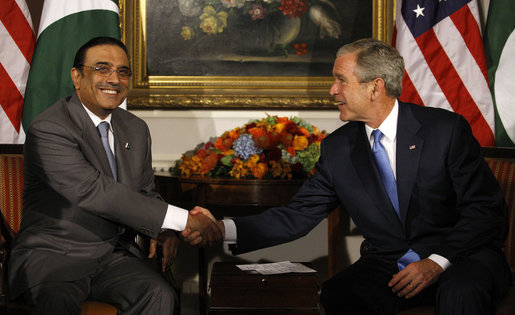
[Ammar Ali Jan, youth secretary of the Labour Party Pakistan in Lahore (LPP), will be one of several international guests at the the World at a Crossroads conference in Sydney, Australia, April 10-12. For more information, or to book tickets, visit http://www.worldatacrossroads.org.]
By Ammar Ali Jan

Lahore, March 16, 2009 -- Action in Solidarity with Asia and the Pacific -- We all are ecstatic about what happened in Lahore on the March 15, 2009. This day will be remembered as one where the power of the state seemed helpless in front of the power of the street. The most crucial moment during the day was the battle at the GPO that galvanised the entire city into action. The scene of almost 150 people battling a repressive police and forcing it to retreat will remain in the collective memory of our nation for a very long time to come.




